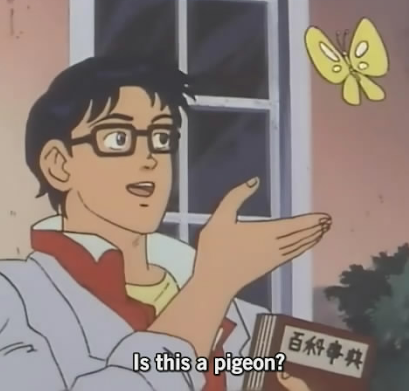I left a spool of eSun PLA+ beige in my Prusa MK4 with Prusa enclosure, which has sat idle since my last print about 6 weeks ago. The enclosure has a PTFE filament feed tube that runs the filament from the spool to the extruder.
Today I went to change the filament, and it broke apart in several pieces, right at the ends of the ptfe filament feed tube. The filament on the spool itself - within an inch of where it simply separated from the broken bits - I can fold over 180° tight without breaking it. Even the several ~1" lengths of broken bits are similarly ductile.
Ambient humidity is something like 15% (per my filament dryer) to 30% (per my dehumidifier, which is idle because it’s winter).
Any idea why this happened? I’m curious about maybe interactions with the PETG parts that the broken pieces were close to (that’s the only thing I can come up with, anyway).
PLA stress fractures over time, even just holding it straight like when partially off the roll into the extruder is enough to make it brittle after a few weeks. If you aren’t using your PLA for more than a couple days eject it and roll it back into the spool.
That adds up. All the spots it broke are where the filament bends pretty substantially. Thanks.
Ooohhhhh thanks for explaining, that makes perfect sense. I’ve always wondered why my filament is brittle in the extruder but not on the roll.
Thanks for this. I was worried about how some of my filament was wet in a very dry winter, but this explains why it broke in the spots it broke.
Does this apply to printed parts that are under load as well, then, or are they safer because they don’t get bent/unbent the way filament does (assuming you aren’t trying to do a living hinge or other flexing design)?
This is one reason I’m switching away from pla+ back to normal pla. The esun pla+ really seems to get brittle when held under stress. This is an issue with printed parts as well. I’ve had parts suddenly crack in half where they were stressed over a few months.
Also it’s really annoying when little bits of filament get stuck in your filament guide tube :(
That happens to my filament as well, i assumed it was drying out to much. Your humidity is way lower then mine, i’m typically around 50%. Not sure that this is the reason though
UV radiation?
More likely humidity. Mine is in a windowless room and gets brittle like that after sitting.
I had the misfortune to have some PLA snap just before and after the direct drive in my Bambu P1S and it took ages to get it out. I think age and moisture can affect filament, especially it blended with wood dust, sparkles or something which undermines it even further. I’ve resorted to packing my AMS with silica beads to hopefully mitigate for the issue and I threw out the filament that caused the issue. Ironically this is one of the few places a bowden extruder is any benefit - if the filament snaps just push it from behind through a heated nozzle until the blockage clears.




